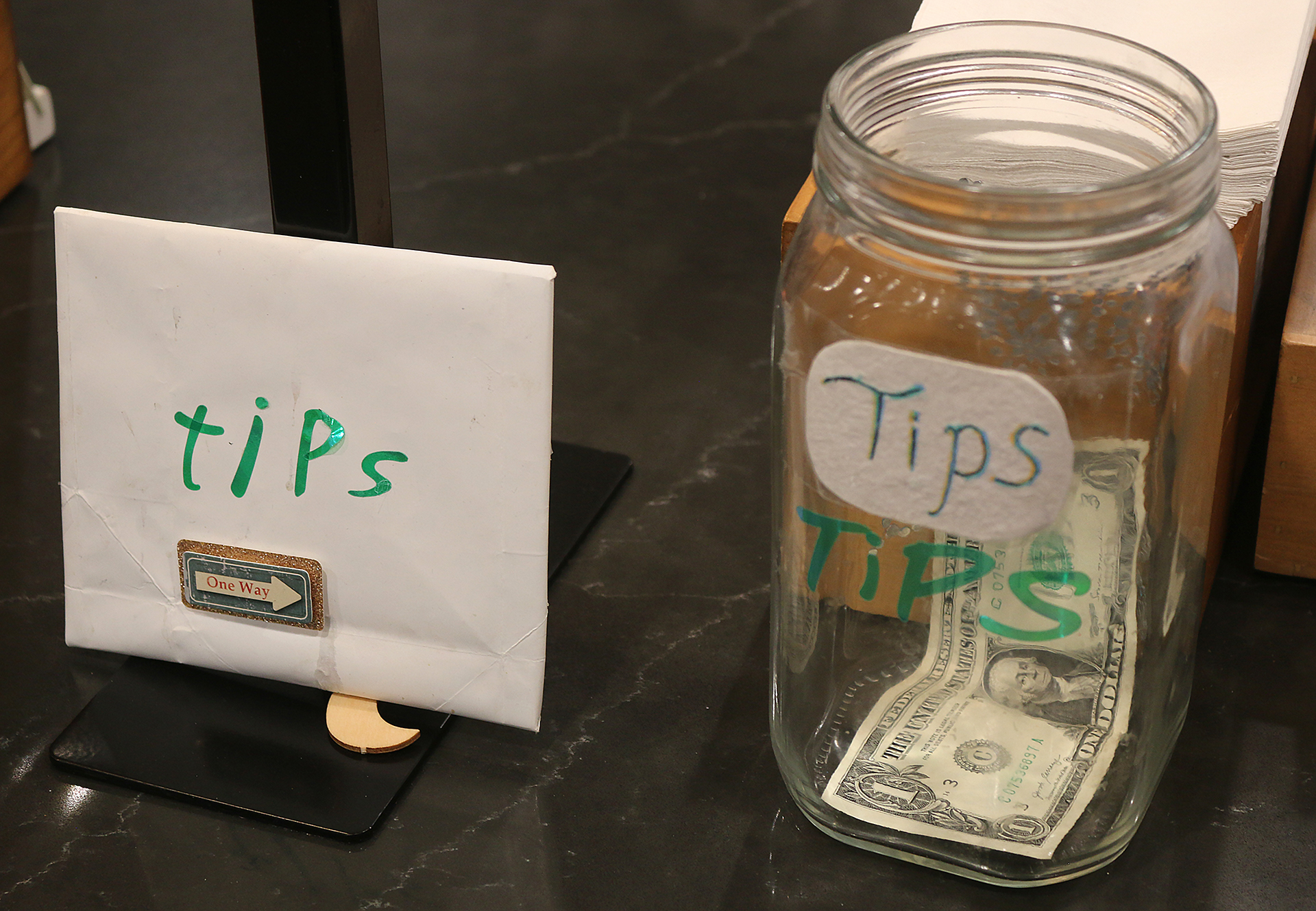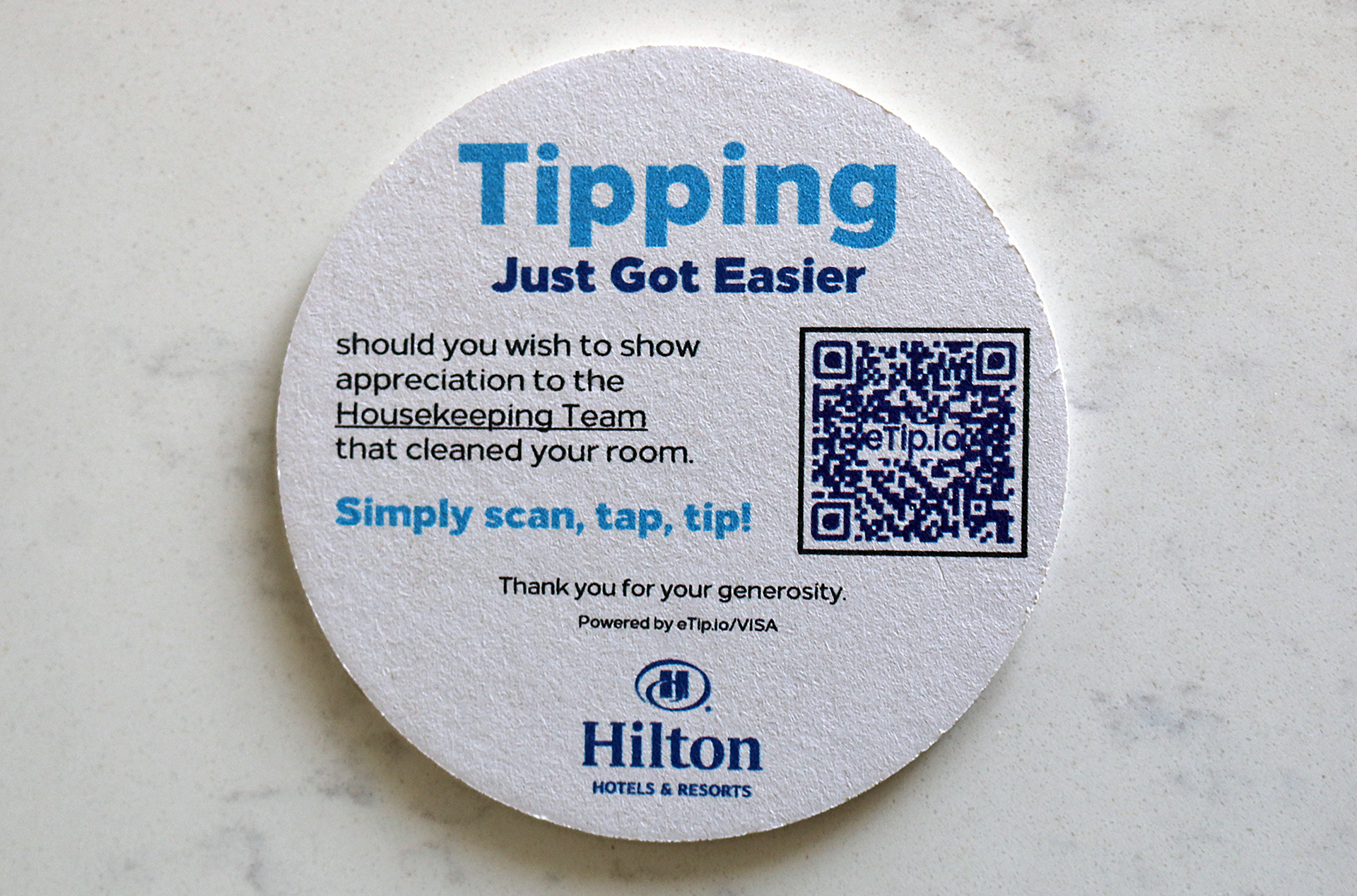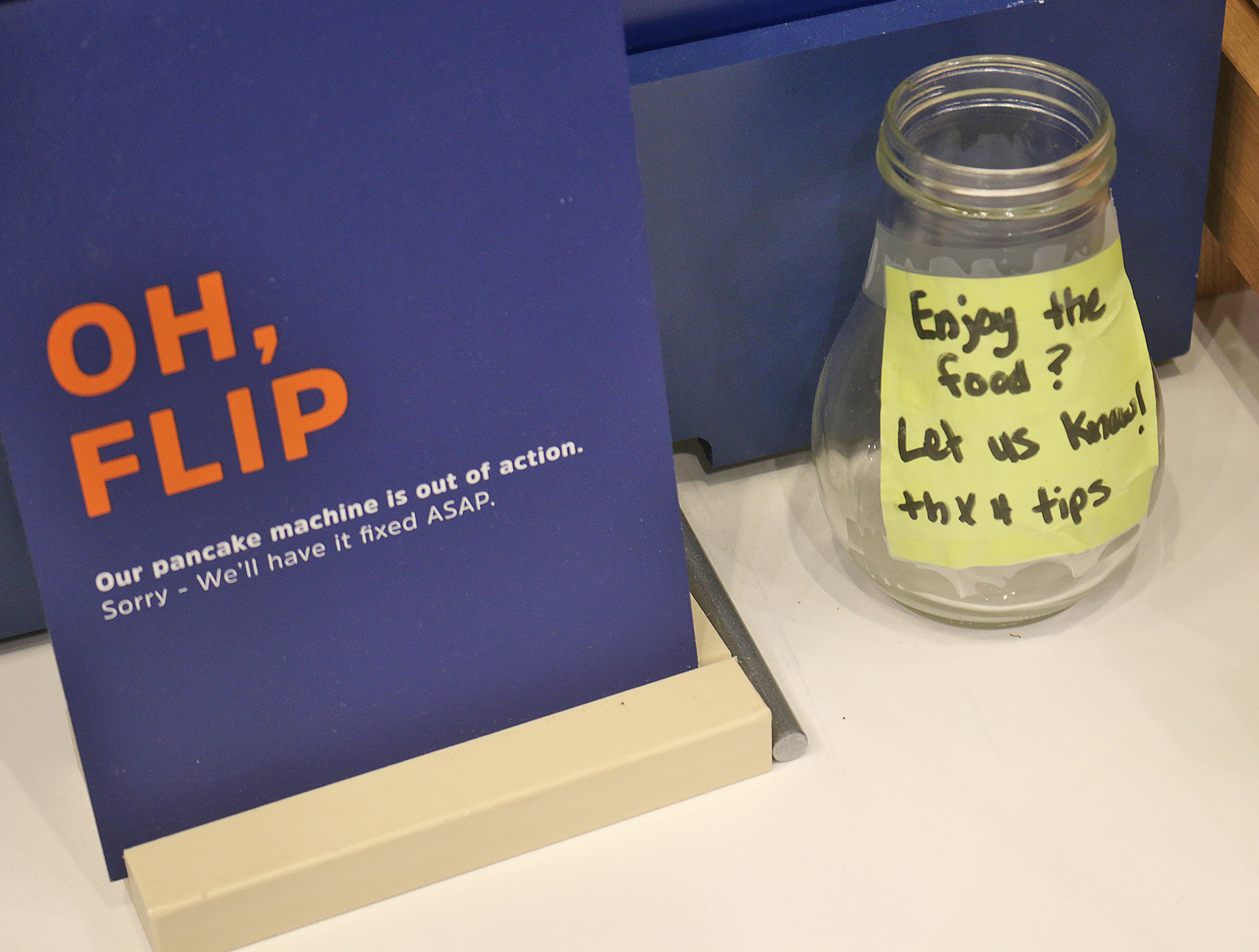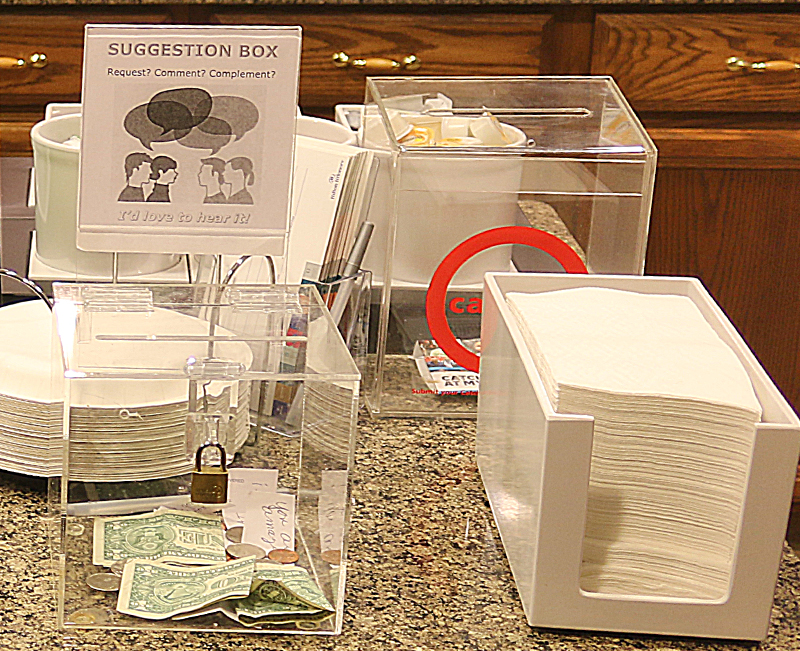Note: This article pertaining to Comparing Tipping to Paying Taxes? Get Real… was originally published on Monday, November 3, 2014 at 4:36 in the afternoon and has been updated.
“Tipping is a custom that can be hard to comprehend and understand. Even a lot of people in America are opposed to it. But being opposed to something isn’t enough to ignore it… You can be opposed to taxes, but you still have to pay.”
Comparing Tipping to Paying Taxes? Get Real…

This portion of a paragraph is from this article written by Ko Im for Yahoo! Travel in which an anonymous tour guide reveals his “pet peeves” about how the tourists he has served annoyed him.
“In the travel industry, tipping is the lubricant that keeps the machine rolling”, the paragraph continues. “You see cheap tours, excursions, and fares — what you don’t see is that many companies make their bottom line by assuming that tips will cover their employees’ wages. It’s a system that certainly has it’s ugly side but I would argue that tipping works on the ground level. If you’re willing to tip, you get your drinks and meals faster, and you get better service in the process. I’ve spent a lot of time in other countries, and typically those without a tipping culture tend to offer worse service.”
The first thought which came to my mind is the initiative announced where envelopes were to be placed in 160,000 rooms at up to 1,000 hotel properties in the United States and Canada operating under the various brands of Marriott International, Incorporated in order to further encourage tipping members of the housekeeping staff. I certainly did not — and still do not — support that initiative…

…and in 2025, envelopes are no longer needed anyway, as gratuities can be left to workers electronically.
The second thought was that — last I knew — paying taxes is compulsory; whereas tipping is not. Comparing tipping to paying taxes is ludicrous, in my opinion; as when a gratuity is mandatory, it is no longer a gratuity — it becomes a service charge. How would you feel if hotel properties starting requiring “mandatory tips” whenever you stay as a guest? I would feel the same way about them as I do about mandatory resort fees.
Despite acknowledging otherwise, what that tour operator who worked full-time in the District of Columbia may not realize is that tipping is not only not required in all cultures around the world; but some people actually consider receiving a gratuity as an insult.
Furthermore — to counter the last three sentences which concludes the aforementioned paragraph — I have also spent a lot of time in other countries; and I do not agree that better service comes with tipping. When I had concluded an unintentional trip around the world in 2014 which involved nine countries within greater than two weeks, there have been times where I have left a gratuity and received poor service anyway; as well as times where I received great service without being required to leave a tip. In fact, I was in several countries earlier this year in 2025 where gratuities are not expected in general — although tours that consume much of the day do encourage leaving a gratuity.
In other words, I would expect a statement promoting tipping from someone who would benefit from gratuities.
Through personal experience over the years, I have found that treating service providers with respect and dignity is appreciated enough to the point where better service is usually a result. The gratuity is simply the icing on the cake, so to speak.
Tips and gratuities have been a contentious topic for many years amongst travelers — to the point about whether or not the practice of tipping should be abolished altogether has been repeatedly discussed over the years. After all, travelers encounter multiple situations — probably more than anyone else when such experiences as dining, tours, and lodging in a single trip are factored into the equation — where a gratuity is either recommended or expected. The expectation of tipping on your part can get tiring quite fast.

How about when you are required to pay a service charge and are also expected to tip members of the service staff?
As I wrote in this article on Friday, April 26, 2013, I will tip when I darn well feel like it:
I understand the argument that service personnel — mainly in the United States — depend on gratuities due to low and even sub-standard compensation paid to them by their employers. They do deserve to earn a living and be compensated for their work. If those service personnel choose a job or profession which is reliant upon gratuities, then they need to perform their role as best as they possibly can — and unfortunately expect the occasional deadbeat to not leave a well-deserved tip. Others may argue that service personnel earn more than people think as a result of gratuities — but I am not about to tackle that debate here at this time.
The point I am attempting to make is that a tip should be deserved, not expected; earned, not required. If you are a service provider, did you offer a service of value to your customer — and did you do it exceptionally well? If so, that is how you will get a tip out of me. If not — well — that is up to me to decide. Not you.
Also — as I mentioned in this article from Tuesday, April 22, 2014 — I have always been against what I perceive as deceptive advertising. I want to know the total cost of what I am paying when I book an airfare — or a hotel room or rental car, for that matter; and I have always believed that the full price should be what is advertised, with the breakdown of itemized expenses accessible to the customer at any time. I do not agree that this should be applied to tips for hotel staff; but a guest might be more inclined to willingly tip hotel staff if not bombarded with other expenses — whether or not they are expected — which are not included in the advertised room rate.
As for tours, I rarely participate in them — although I did participate in at least three of them in 2025 alone. I like to determine how much time I spend at any given location. There have been times where we spent too much time at a location where I had no interest in staying — usually a gift shop — and there have been other times where I wanted to stay longer and better experience a particular location. I also do not like feeling like I am being herded like cattle.
Final Boarding Call

If tipping is to continue to exist, it should be because the customer wants to give the service provider something extra in appreciation for what he or she received — not as a fulfillment of an expectation or as a “lubricant that keeps the machine rolling.”
Now that workers in the United States will be able to deduct up to $25,000.00 in tips and gratuities per year from their taxable income in 2025 — and gratuities will be taxed by the federal government after that — will you change how you leave gratuities?
Service providers would ultimately like to have ideally well-behaved customers who tip well. I do have to wonder, however: would a service provider be more satisfied with a difficult customer who tips well; or an easy customer who does not tip at all?
That could be worthy of an experiment to be conducted one day…
All photographs ©2016, ©2019, and ©2023 by Brian Cohen.

